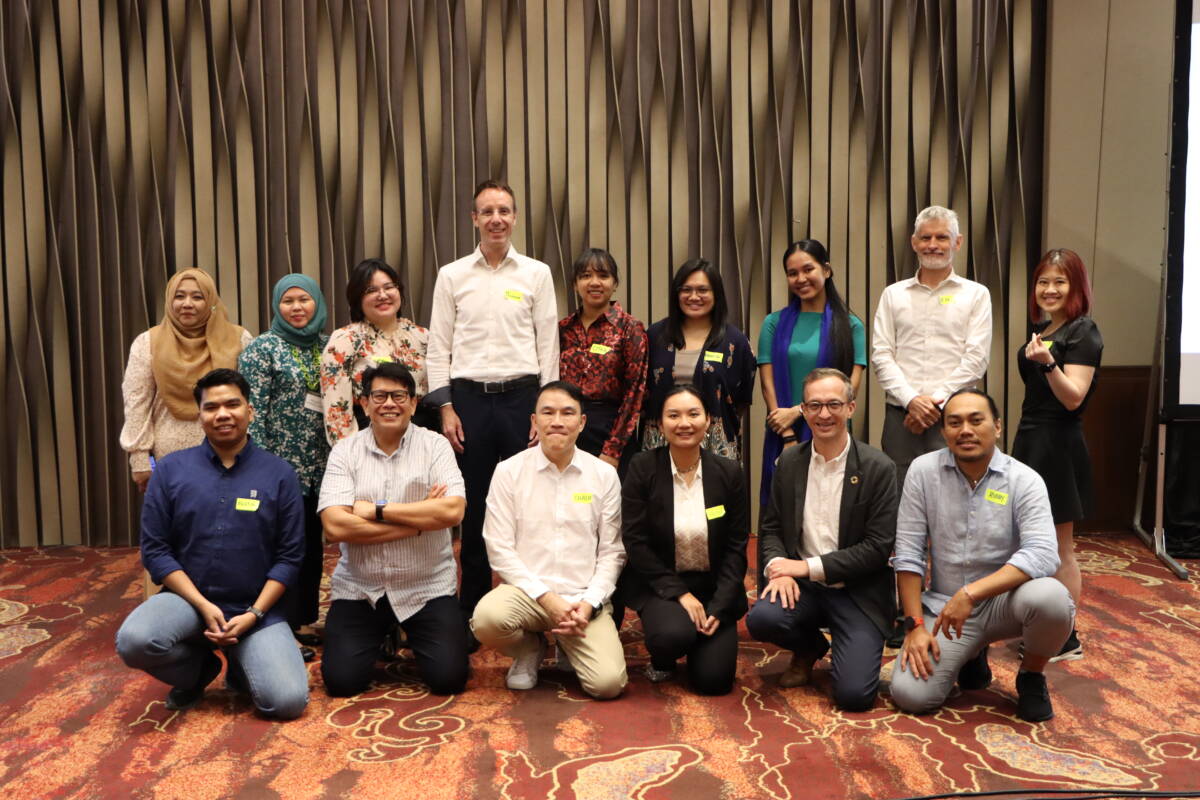Bali, August 29, 2024 – The economic development of Southeast Asia is anticipated to triple from USD 3.1 trillion in 2021 to USD 10.5 trillion in 2050 (GECF, 2023), as the engine of this development, energy sector play pivotal role, however fossil fuel unfortunately continues to be of importance in the ASEAN Plan of Action for Energy Cooperation (APAEC).
If no substantial policy changes are implemented in energy transition, ASEAN’s dependence on fossil fuels will lead to 2.70 GtCO2e of emissions by 2050 (ACE, 2022). This emission can result in both economic and non-economic losses, as well as increased climate change impacts in the region. It is also anticipated that by 2050, ASEAN may experience a 35% decline in GDP as a result of climate crises (Renault et al, 2021). Thus, the climate and energy policies implemented by ASEAN Member States will significantly influence the future energy composition and greenhouse gas emissions of the region.
ASEAN’s diplomatic approach, characterized by the principle of non-intrusiveness, poses challenges in implementing regional collective efforts due to the limited authority of the governing body to regulate each country’s internal policies. Therefore, Fabby Tumiwa, Executive Director of IESR, explained that the diplomatic challenges could be an opportunity for this coalition to push for more ambitious zero-emission targets in ASEAN member countries because it would strengthen Southeast Asia’s position in the global effort to reduce carbon emissions.
“The initiative of the Southeast Asia Energy Transition Coalition (SETC) becomes the opportunity for this region to promote a more ambitious net zero target in each of this coalition partner’s countries. This collaborative work came from think tanks and civil society organizations from Malaysia, Singapore, Thailand, Cambodia, the Philippines, and Indonesia. As these institutions are influential actors in those countries, this coalition could embrace the local policy to accelerate our common effort in energy transition,” said Fabby.
This leverage point, is also mentioned by Benjamin Cashore, Director of Institute for Environment and Sustainability (IES) – Lee Kuan Yew School of Public Policy, NUS, said that innovative micro-level lavers would be impactful to make macro-level change (Cashore, 2021).
“Regional collaboration under this initiative, obviously could be a best practice of innovative micro-level action that will benefited macro-level change,” said Marilistya Citraningrum, Program Manager of Sustainable Energy Access of IESR.
The member coalition, having contributed to the country’s energy transition policy, has agreed that this upcoming coalition workplans will benefit the region by serving as a strategic vehicle to support Southeast Asia’s energy transition leadership and advance the energy transition.
After all, the existence of SETC hopes to promote Southeast Asia becoming climate leaders in the world and could be the strong region that actively reduces its emissions, as this coalition has identities as enabler and catalyst in the Southeast Asia.

